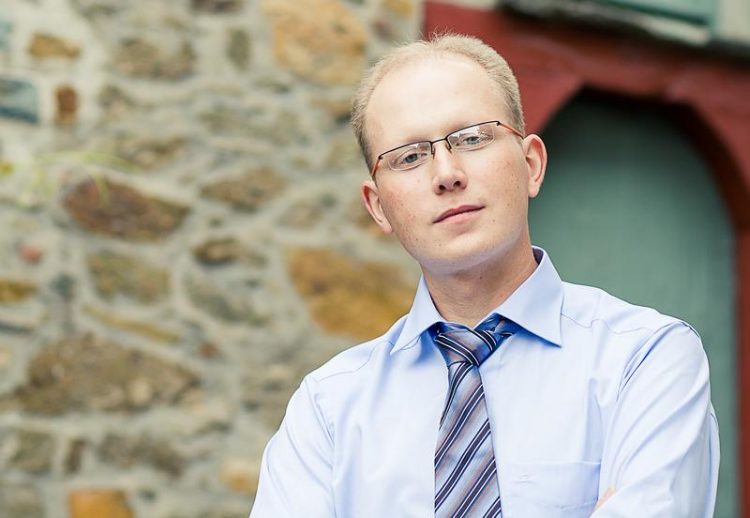Otto Hahn Medal for young aerosol researcher from Mainz

Christopher Pöhlker private
Pöhlker has proven that biogenic aerosols have a much greater influence on clouds and rain than previously assumed. Biogenic aerosols are tiny airborne particles that originate from plants, fungi, and bacteria.
Their effects on the climate and the environment are still largely unknown. For his pioneering research, the 30-year-old chemist will be awarded the Otto Hahn Medal at the General Meeting of the Max Planck Society on June 4, 2014.
The Max Planck Society awards the Otto Hahn Medal to young scientists every year to promote their research careers. This year the award, worth 7,500 euros, goes to Christopher Pöhlker for his outstanding academic work in connection with his doctoral thesis.
In the opinion of the jury, the thesis gives a new perspective on the role of aerosols in terms of their interactions with the atmosphere, the biosphere, and the global climate.
Pöhlker’s results show, for example, that plants and fungi have greater influence on the formation of clouds and the production of precipitation in the rainforest than previously thought. They release potassium-rich particles that trace gases accumulate on. These particles then serve as condensation nuclei for atmospheric moisture, forming clouds and producing rain.
The chemist did his research in the Amazonian rainforest and in a semi-arid woodland area in the US. He determined the concentration of bioparticles arising from fungal spores, pollen, and bacteria in the atmosphere and characterized their properties by using various methods such as fluorescence microscopy, fluorescence spectroscopy, X-ray microscopy, and X-ray absorption spectroscopy.
Christopher Pöhlker, who is currently on a research campaign in the Brazilian rainforest and is therefore not able to attend the award ceremony in person, studied chemistry at the Philipps-Universität in Marburg. During his studies, he spent some time at the department of organic chemistry at Stockholm University, Sweden.
Since October 2009 he has been active in the Biogeochemistry Department of the Max Planck Institute for Chemistry in Mainz with Meinrat O. Andreae and Ulrich Pöschl. In 2013 Pöhlker successfully completed his thesis, receiving the grade “summa cum laude”. His research has been published in the prestigious science magazine SCIENCE.
http://www.mpic.de/en/news/press-information/news/otto-hahn-medaille-fuer-jungen…
Media Contact
All latest news from the category: Awards Funding
Newest articles

Webb captures top of iconic horsehead nebula in unprecedented detail
NASA’s James Webb Space Telescope has captured the sharpest infrared images to date of a zoomed-in portion of one of the most distinctive objects in our skies, the Horsehead Nebula….

Cost-effective, high-capacity, and cyclable lithium-ion battery cathodes
Charge-recharge cycling of lithium-superrich iron oxide, a cost-effective and high-capacity cathode for new-generation lithium-ion batteries, can be greatly improved by doping with readily available mineral elements. The energy capacity and…

Novel genetic plant regeneration approach
…without the application of phytohormones. Researchers develop a novel plant regeneration approach by modulating the expression of genes that control plant cell differentiation. For ages now, plants have been the…





















